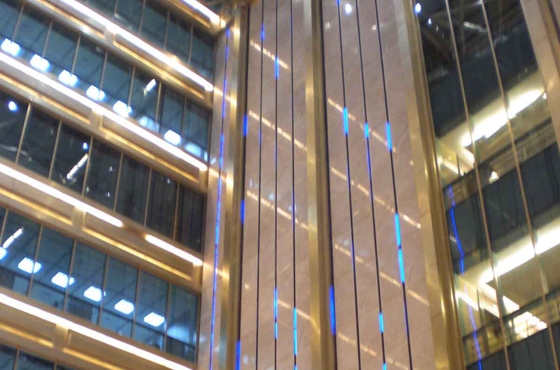Real estate and construction companies in the Kingdom have called for government licenses to implement smart building projects that can save 30 percent of power consumption and cut down construction costs by 60 percent. Smart building projects are, however, growing significantly in certain other Gulf countries, where smart buildings account for 40 percent of all residential projects.
In the Kingdom, the ratio of smart buildings is not more than 5 percent of total residential projects, according to Abdullah Bakr Radwan, member of the contractors committee at the Jeddah Chamber for Commerce and Industry (JCCI).
"There are obstacles in the implementation of smart building projects as several Saudis look for wide space to live in, which is not available in smart buildings,” he told Arab News. High land prices are another obstacle in providing residential units across the Kingdom,” he added.
"The Saudi government paved the way for smart building projects by endorsing modern building codes that are based on scientific evidence and protection from hazards. The idea should be promoted through consultancy agencies, which should propose it to contractors," he added.
Real estate developers say smart buildings do not seem to be popular in Saudi Arabia as they are in other Gulf countries, but this will change in the next few years following the endorsement of the new code.
"There is a need for increasing investment to expand smart building projects in the Kingdom, which is the largest market in the Middle East. The Saudi government should start supporting several campaigns to reduce the energy consumption level," said Samer Assi, marketing manager at Smart Life Company.
"Innovation has been and will always be at the heart of our company and our innovation experience demonstrates how we are pushing the boundaries to improve lives with a host of great products and smart services in the Middle East,” said Roy Jakobs, CEO of Philips Middle East and Turkey.
Arab News
12 November























































